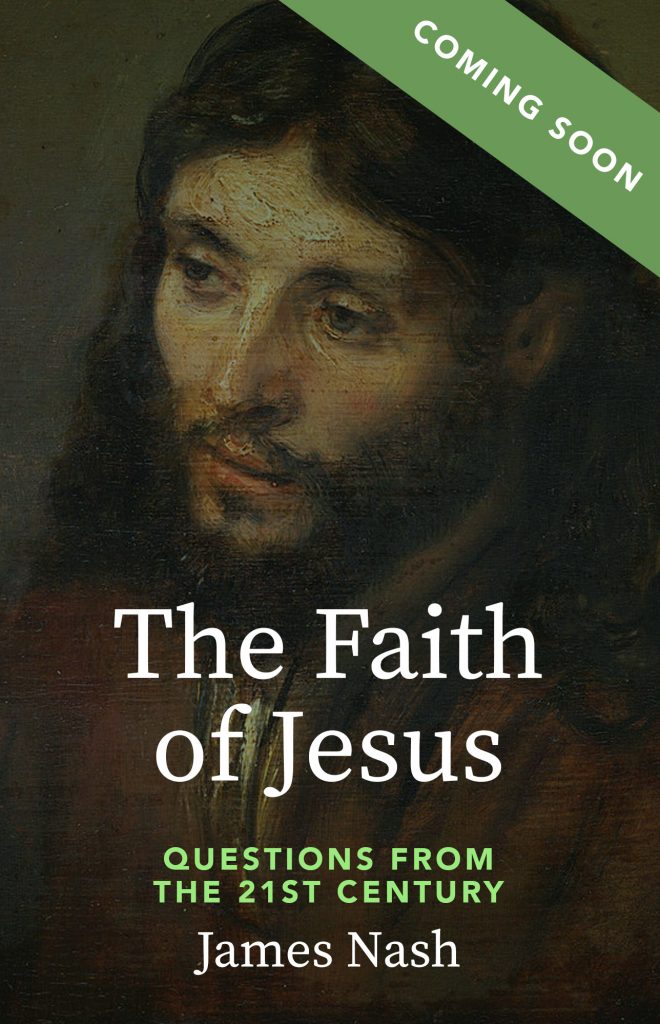25th Sunday Ordinary Time
Amos 8:4-7
I Tim 2:1-8
Luke 16:1-13

Three important points about this parable modern readers could easily miss would have been clear to the Palestinian peasants Jesus was talking to.
The rich man would have been seen as someone akin to our vision of a Wall Street banker, not only because he was rich, but he was an absentee landlord as he employed a steward to manage his estate. Rich absentee landlords were generally disliked because, lacking ties to the community, they usually cared more about money than the people who labored in their fields.
The landowner has “debtors;” and so he was probably charging interest to them in violation of Old Testament bans on usury. Finally, Jesus’ audience would have identified with the steward; some of them likely held such a job. This man is treated unjustly by the rich landowner who assumes the steward is guilty based only on hearsay and fires him without even giving him a chance to speak or defend himself from the charges. Most of Jesus’ listeners, like us, could relate to the job insecurity and financial anxiety the steward expresses.
Parables work because they challenge listeners to participate in figuring out the meaning of the story. By leading people to question their own assumptions and the status quo, parables can point to a new vision that transcends existing paradigms. On one level, this parable appears to be challenging the existing agricultural-financial system of first century Palestine. The Church seems to agree the parable has a social justice interpretation because she has paired the gospel with the strong prophetic defense of the needy from Amos.
The behavior of the steward reminds me of a book I read long ago that told the stories of several African-American heroes from the days of slavery. These accounts glorified actions we ordinarily would see as immoral: thievery, clever dishonesty, shirking work, and so on. Just like our dishonest steward. However, in the totally evil system of slavery morality is turned upside down. Those who challenge this unjust system in any way are seen as heroes, while those who behave “morally” are seen as complicit with the unjust oppressors.
We cannot know how Jesus’ original listeners reacted to this story, but it is quite possible many of them regarded the “dishonest” steward as a folk hero. He acted like Robin Hood, robbing the rich man and redistributing his wealth to everyone else in the community, including himself. Still, there is more going on here than a canny folk hero who in feathering his own nest takes some jabs at unjust system.
Why Does the Rich Man Praise His Dishonest Steward?
The shocking punch-line to this parable is when the rich man praises his steward for defrauding him! Why does he do this?
On a literary level, this is brilliant. Are we not all weary of the cliché about the greedy rich man who cares about nothing besides money? How refreshing that this landowner steps out of character and shows he has more going on inside of him!
What does it mean theologically? Luke has placed this story immediately after the prodigal son parable. One possibility is both illustrate the surprising generosity and mercy of the kingdom Jesus is proclaiming. The rich man does not symbolize God, unlike the father in the Prodigal Son. Jesus may have been challenging his listeners to imagine a world where not all rich landowners are evil and greedy.
Maybe the rich man is the new kind of wealthy landowner who will arise as Jesus’ kingdom breaks into our world. Jesus may be telling us prophetically that the impact of his life and words will revolutionize people’s behavior in ways that defy the “logic” we allow to imprison us when we are focused only on the things of this world. If Jesus was speaking prophetically here, his prediction that some rich people would stop being greedy turned out to be correct.
In the centuries after Jesus’ crucifixion there was a movement of rich Roman Christians who, taking to heart Jesus’ warnings about wealth, gave away all their money to the poor. The most famous is Meropius Pontius Paulinus, a fabulously wealthy Roman plutocrat who, along with his wife Therasia, sold everything they owned in 394 and gave it to the poor. You can read more about Saint Paulinus here: https://www.geni.com/people/Saint-Paulinus-of-Nola/6000000019474444787
After verse 8a our passage offers us a range of possible moralistic interpretations. The early Church no doubt struggled to make sense of this parable, which seems to exalt dishonesty, and you can see in these verses various attempts.
My favorite among these is the first, “…for the sons of this world are wiser in their own generation than the sons of light.” It fits perfectly with my own generation!
I often marvel at how much energy and intellectual acumen I see expended nowadays on the making, investing and preservation of money. Shelves of books, podcasts, articles, websites, videos, you name it. Contrast that with the lackluster response Jesus encountered among his own disciples to his message and to how lukewarm many of us still are today.
We all face societal, and perhaps family, pressures to devote ourselves to the making of money. It can be complicated, because we do need some money in order to live and to support our family if we have one. While following Jesus does bring blessings in this life, and not only the next, in order to experience this grace-filled life you must have faith in a God who is invisible, mysterious and transcends our senses. Money, on the other hand, can bring more immediate and tangible rewards. It is no wonder many people believe the sacred American “pursuit of happiness” is the same as the pursuit of wealth.
Jesus repeatedly warns us of the dangers of serving Mammon rather than the Kingdom of God. You cannot serve both, he warns, you have to choose to put one or the other in first place. In my experience, the single-minded devotion to making money is so exhausting!
I believe this kind of life feels draining because it is contrary to our created nature. Jesus is God’s way of telling us: this is the way I created you to live. It is curious how often people seem simultaneously to complain and brag about how hard they are working—a sign perhaps that excessive devotion to making money is contrary to our deepest longings.
The problem is that many workers have little choice about having to work nearly all the time if they want to keep their jobs or support their families. Some employers require their employees to work seven days a week. Even God needed to rest on the seventh day! Companies are required by law and their shareholders to make as much money as possible—often by paying workers less than a living wage.
Workers today can be caught up in an unjust economic system, just as in Jesus’ time. We need to challenge and change our economic system and those who run it. If money is our idol, we all end up exploited, exhausted or both.
It is for this reason Jesus declares, “Come to me, all who labor and are heavy laden, and I will give you rest.” (Matthew 11:28)



